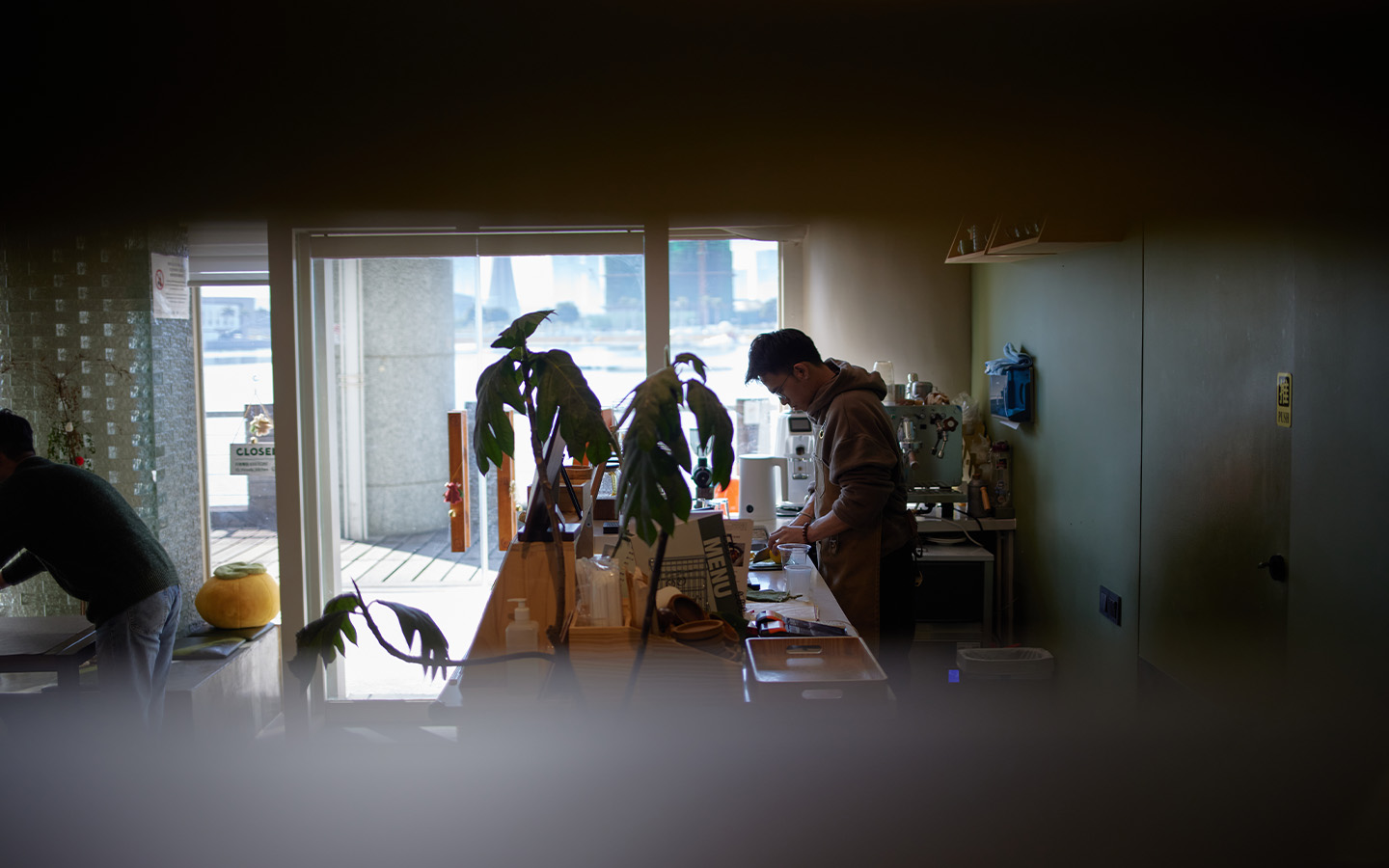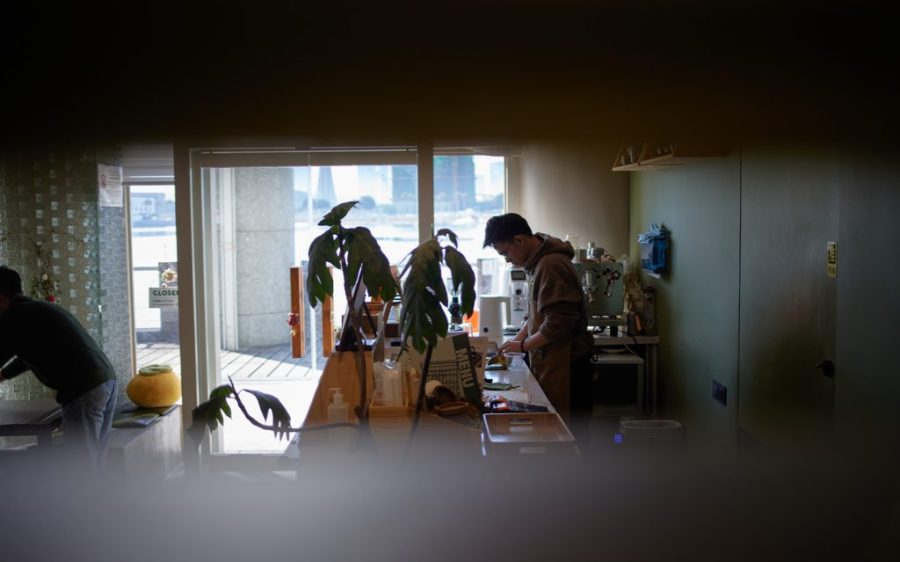On a quiet weekday evening, Nelson Rocha looks across his half-empty Portuguese restaurant, Mariazinha, near the Ruins of St. Paul’s. Once filled with loyal locals and curious tourists, the family-run eatery – a Macao favourite since 2015 – now faces uncertainty. “Some days, we serve 80 people,” Rocha says. “The next day? Maybe 20. How can you plan for that?” Stock orders, kitchen schedules and staff management have become a guessing game for the restaurateur.
In the Praia Grande district, Cyrus Cheong, who opened Moody Kitchen in 2023, faces similar struggles. Even on holidays (which used to guarantee a healthy inflow of customers), empty tables can be found at this Indonesian café. “On a recent public holiday in early December,” he says, “we had about 70 percent less customers than what we’d typically expect on a busy day.”
Adding to the distress felt by many Macao’s small business owners is a growing trend that’s impossible to ignore. “Locals are heading to Zhuhai, especially on weekends,” Rocha explains, referring to the adjoining mainland Chinese city that’s just minutes from Macao by excellent public transport links. “It’s cheaper, and there’s more to do.”

The challenges faced by Mariazinha and Moody Kitchen are not unique. Across Macao, family-run retailers and independent eateries are caught in a perfect storm of rising costs, shifting consumer habits and intensifying competition from mainland China.
[See more: Retail conditions are worse than they were in the pandemic, business leader says]
According to a recent report from the Statistics and Census Service, dining establishments saw a 1.8 percent decline in revenue in October when compared with the same month in 2023. In the retail sector, the businesses surveyed reported a year-on-year revenue decline of 13.3 percent.
As Macao navigates its post-pandemic recovery, it’s the independent businesses – crucial to the city’s cultural and economic identity – that increasingly appear to be on the edge of survival.
The legacy of Covid-19 on Macao’s businesses
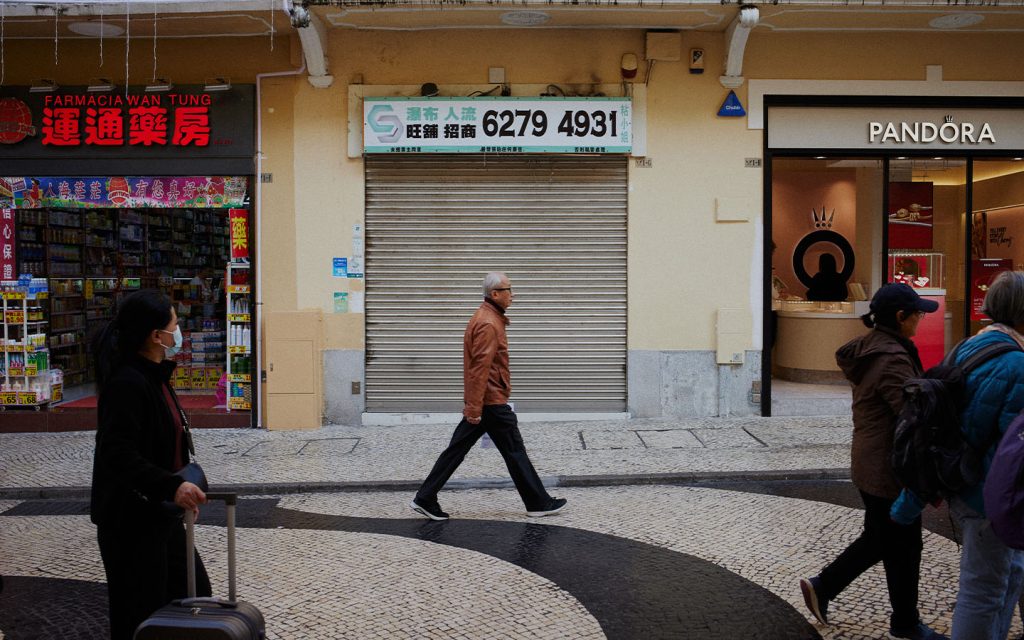
For many, the breaking point came during the Covid-19 pandemic. Rocha recalls a painful moment in the summer of 2022. “We were forced to stay indoors for a month and a half, even when the rest of the world was back to normal,” he says. “That was the most frustrating time. We couldn’t pay staff or rent after already enduring almost three years of serving just 10 customers a day – sometimes less.”
The impact of Covid-19 continues to be felt in Macao. Rocha notes that both local residents and tourists remain financially cautious after enduring several years marked by unemployment, unpaid leave and uncertainty. “People come to walk around, but they don’t spend as much,” he observes. “It’s going to take years for them to regain the confidence to spend money comfortably.”
[See more: People from Macao and Hong Kong spend 454 million yuan in Zhuhai each month]
Under these circumstances, Zhuhai’s cheaper prices are impossible to ignore. Rocha admits that he himself occasionally crosses the border for entertainment or a meal. “Recently, the customer service in China has improved significantly,” he says. “You can now find excellent service at affordable prices in both hotels and restaurants, along with enjoyable parks and entertainment options. Even taxi services, like Didi, have seen a great improvement.”
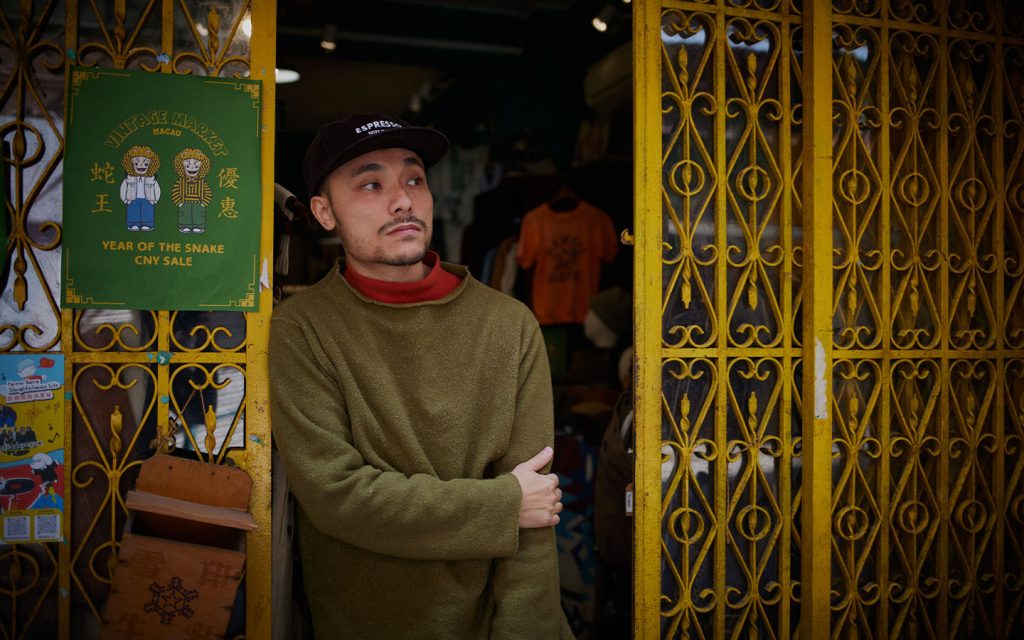
F&B is not the only industry affected by this growing trend. Terrance, who asked to be referred to by his first name only, is the founder of second-hand boutique Vintage Market. He observes that locals appear to prefer shopping outside Macao in general these days. “They only spend money locally on daily necessities,” he says, adding that he has seen the impact at his own brick-and-mortar store in St. Lazarus district.
Macao’s retailers struggle in the face of mainland Chinese competition
The mainland’s low prices and improving levels of service are just part of the equation, according to Hoipan Wong, assistant professor in the Department of Economics at the University of Macau (UM). “The favourable exchange rate between the pataca and yuan makes it more attractive to spend in mainland China,” he explains. “Moreover, the improved transportation links and policies promoting Macao’s integration into the Greater Bay Area have made cross-border travel easier than ever.”
[See more: Macao News Recommends: Four restaurants to visit this holiday season]
One of the most impactful policies has been the Northbound Travel for Macao Vehicles scheme, which launched in 2023. According to a recent announcement by Guangdong Province’s information office, more than 38,000 private vehicles from Macao had registered for the scheme by December 2024. The city also recorded a monthly average of 126,000 trips made by Macao’s single-plated vehicles passing through the borders in 2024, reflecting a growth of over 34 percent compared to 2023. Being able to take their cars means Macao residents can buy more, loading up their vehicles with cheap bulk purchases instead of struggling with a few bags on public transport.
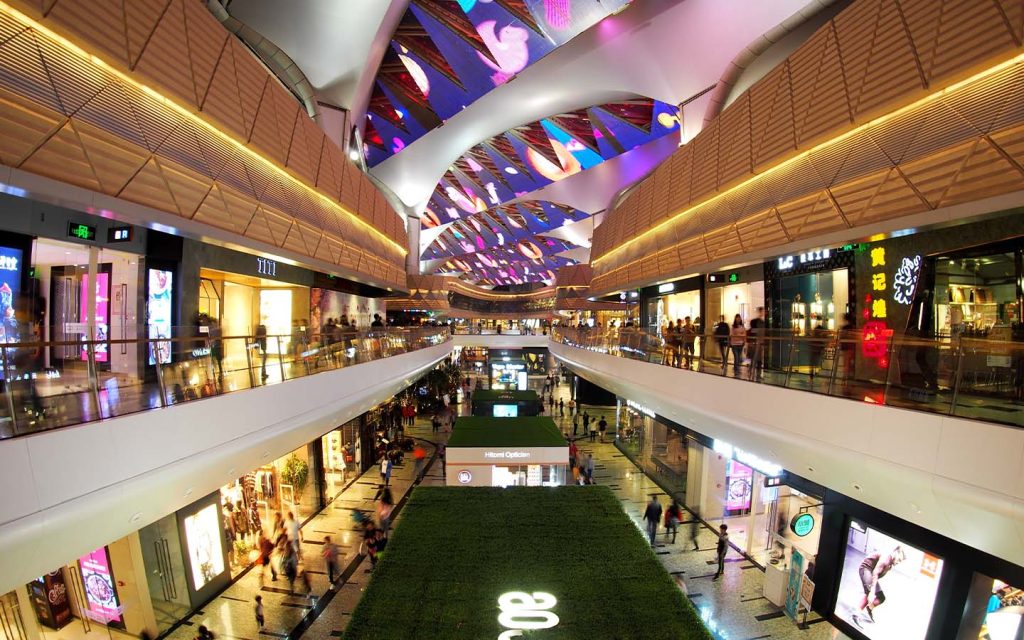
At a local level, small businesses simply cannot afford to lower their prices to compete with neighbouring mainland cities. “Rents remain high, even though business is slow,” Cheong laments. “I worry about what happens when our lease expires. The landlord might raise the rent.”
Rising costs have become another sharp pain-point. Rocha points out that the prices of essential imported products, like olive oil, have surged recently. “These ingredients are irreplaceable; they can completely change the flavour of a dish,” he explains. “We can’t keep raising our prices to cover these costs, especially since our cuisine is already more expensive than local Chinese offerings. We can only reduce our profit margins to keep our customers happy.”
[See more: When it comes to Michelin restaurants per capita, Macao ranks 10th in the world]
There are even difficulties in hiring staff. Rocha would like to extend his restaurant’s opening hours to help “maximise our rent investment,” but says there aren’t enough local workers available. Meanwhile, “applying for foreign workers is not easy,” he adds.
Innovation and collaboration: will they work for Macao’s small businesses?
Industry experts have been emphasising the need for local businesses to reinvent themselves and adapt their offerings to the new normal. Wilson Lee, president of the Macao Catering Industry Association, stresses the importance of continuous innovation for small and medium enterprises. “Brand reshaping and product optimisation is key to attracting consumers,” he explains. “Of these, digital transformation should be the focus, because it enhances customer engagement and improves operational efficiency.”
Wong, meanwhile, advises local businesses to “leverage Macao’s unique local or unique imported products to differentiate themselves from those in mainland cities.”
[See more: Domestic travellers across China are spending less, in spite of stimulus]
Vintage Market – which has sold hard-to-find imported clothing since 2014 – is taking this approach, and has seen results. According to Terrance, the store has built up a loyal customer base that includes both local shoppers and nonresident buyers. These days, 70 percent of its customers hail from outside of the SAR. Most are online shoppers from the mainland.
“We need to maintain our uniqueness and proactively create new products that people will find special,” says Terrance. He mentions that his second store, MaMaDay Vintage&Used, is now selling souvenir shirts designed in-house, and that the response has been positive. “Moving forward, we will focus on designing more original products.”

In the F&B realm, Rocha is cautious about switching things up too much – due to the risk that new offerings might not take off, or could alienate existing customers. “We are considering themed nights and live music, but they are costly to implement,” he says. “It’s challenging to take risks when the business isn’t flourishing. We are a modest family restaurant and our focus is on middle-class customers, who typically don’t seek out fancy experiences or have the budget for them.”
Teaming up with the government, the gaming sector and other businesses are seen as potential solutions to the woes facing Macao’s small businesses. Lee and Wong both note that government-subsidised schemes involving consumption cards and vouchers have been proven to stimulate spending. They also point to initiatives like food competitions, or curated food maps, that encourage tourists to embrace more local dining experiences.
[See more: Consumer promotions have helped ailing businesses in the northern district]
“These initiatives could help promote high-quality local foods to tourists and encourage exploration of Macao’s residential areas,” Wong explains. “Meanwhile, large gaming enterprises can give support by hosting food competitions or providing venues for similar events, since their properties are frequently visited by tourists.”
The value of small businesses to Macao’s economy
Ultimately, Macao’s local shops and family-run restaurants are not just businesses; they are cultural touchstones. When small businesses struggle, the consequences are felt throughout the entire community. Wong believes it’s important to highlight these broader implications, describing small businesses as “always crucial to an economy.”
[See more: Macao residents prefer eating out in Zhuhai, study finds]
He points out their roles in job creation, as well as facilitating market competition and innovation. They also help keep monopolies in check. “Not to mention that many of them are embodiments of local cultural heritage,” he adds.
Lee echoes this sentiment. “If these issues persist, we’ll see even more closures,” he says. “Potential investors may also hesitate to enter the market and start new businesses. This is especially harmful for an economy that is on its way to recovery.”
For now, the problems continue. As Rocha closes up Mariazinha on another lacklustre night, he sighs: “We’re still holding up. But for how long? That’s the question.”
